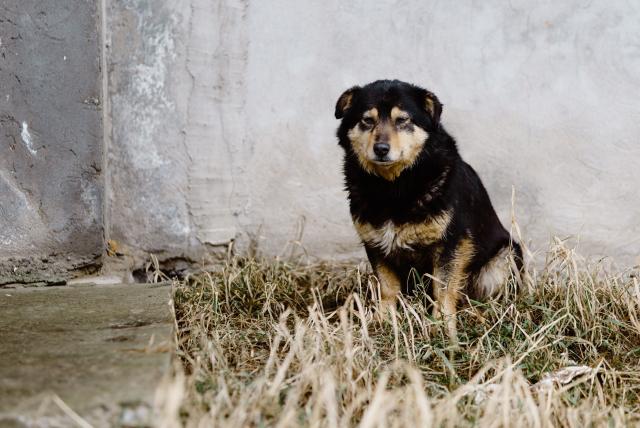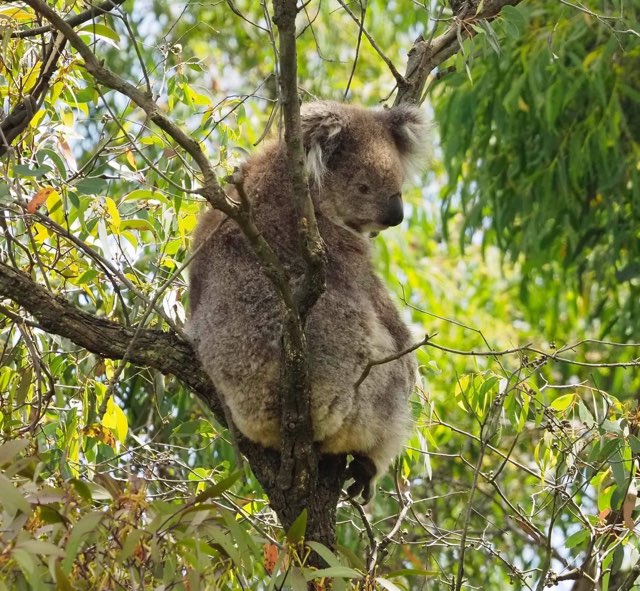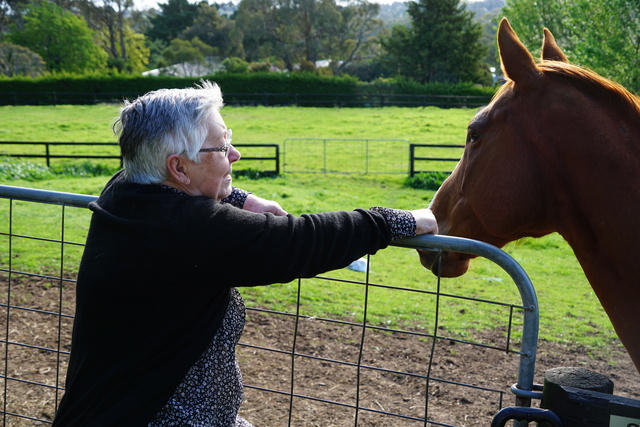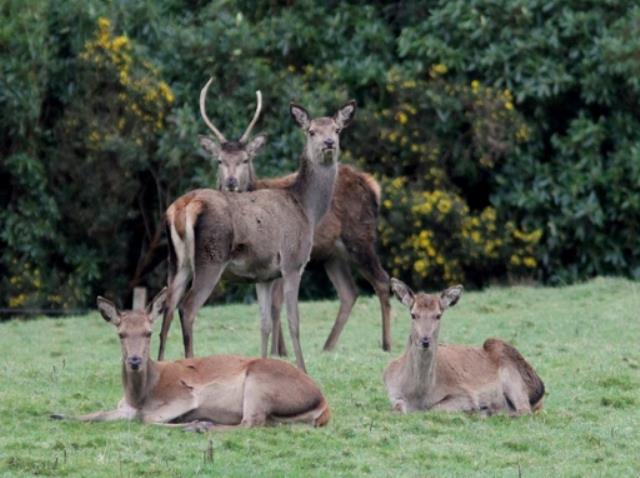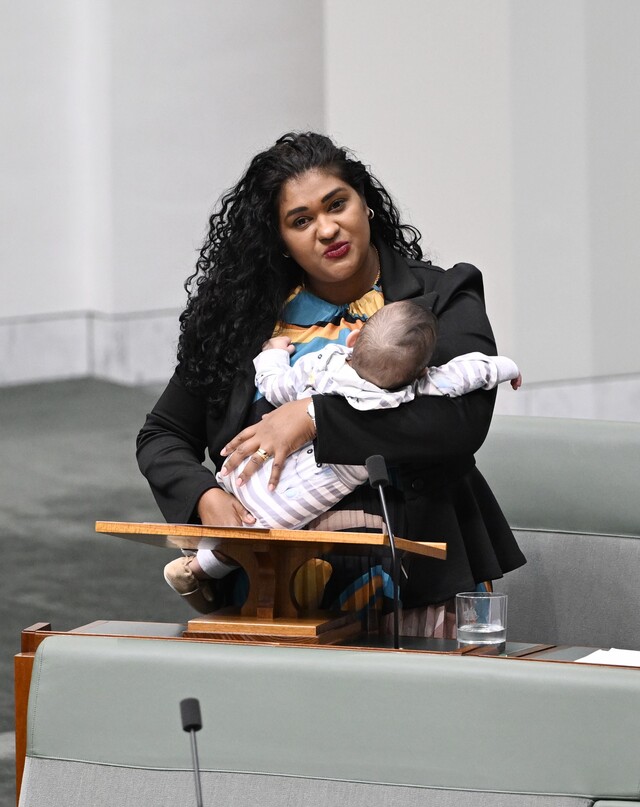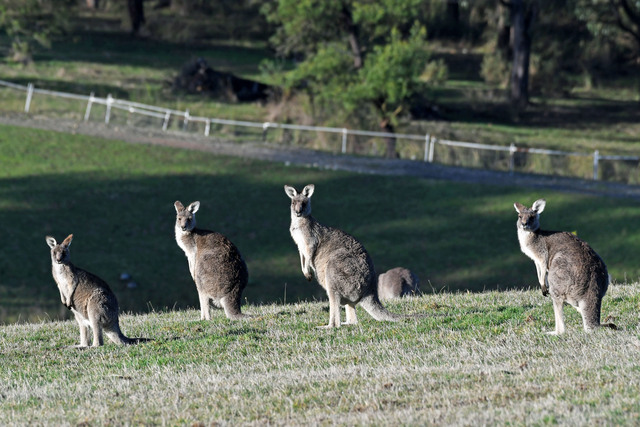Casey takes second place in the state for animal welfare complaints.
Ranking second out of 79 municipalities in the state, City of Casey saw 531 animal welfare reports between 2021-2022.
While per capita Casey rates 56th out of the 79 municipalities, the South East is certainly keeping the RSPCA Inspectorate busy.
More than 10 reports are submitted each week in Casey, with the RSPCA reporting dogs and puppies, cats and kittens and horses as the leading animals involved in seizures and surrenders.
In the second quarter of the 2022-23 financial year, 695 animals were seized by or surrendered to RSPCA Victoria’s Inspectorate, the highest number ever reported for any quarter on record.
The total annual number of animals seized by or surrendered to RSPCA Victoria’s Inspectorate has risen significantly every year for the past five years, more than doubling from 1035 in 2017-18 to 2172 in 2021-22.
RSPCA Victoria Chief Inspector Michael Stagg said animal cruelty exists across all geographic and social boundaries but in recent years there have been a number of contributing factors to the higher level of incoming Inspectorate seized and surrendered animals.
“In recent years the impact of COVID-19 and the rising cost of living may have contributed to the spiking numbers of Inspectorate seized and surrendered animals,” he said.
Between 2020 and 2022 alone, the number of seizures and surrenders rose by 38 per cent (597 cases).
Data from the 2021/22 financial year shows neglect continues to be the most common type of report received.
During the year, RSPCA Victoria’s Inspectorate responded to 10,577 cruelty reports, with neglect the basis for almost half (46 per cent), meaning members of the community had reported knowledge of animals subjected to lack of food, water, shelter or veterinary care.
Other types of neglect included poor husbandry, lack of appropriate hygiene and insufficient grooming, shearing and farriery for horses.
“Our recently released online, RSPCA Victoria interactive cruelty map illustrates the rates of animal cruelty in local government areas and across the state,” said Mr Stagg.
“We acknowledge that in addition to the rising cost of living, which may impact the ability of some to care for their pets, many Victorians adopted pets during the pandemic, some as first-time pet owners who may still require information or support to help them understand how to best care for their animals.
“It is important all pet owners understand the specific needs of their pets in terms of food, water, shelter, grooming and exercise.”
RSPCA Victoria is committed to helping people better care for their pets.
“There are many responsible pet ownership resources available.
“We encourage anyone who is the owner or person in charge of animals to be aware of their responsibilities to provide care, or alternatively to seek help from their local community, a veterinarian or animal welfare organisation.”

